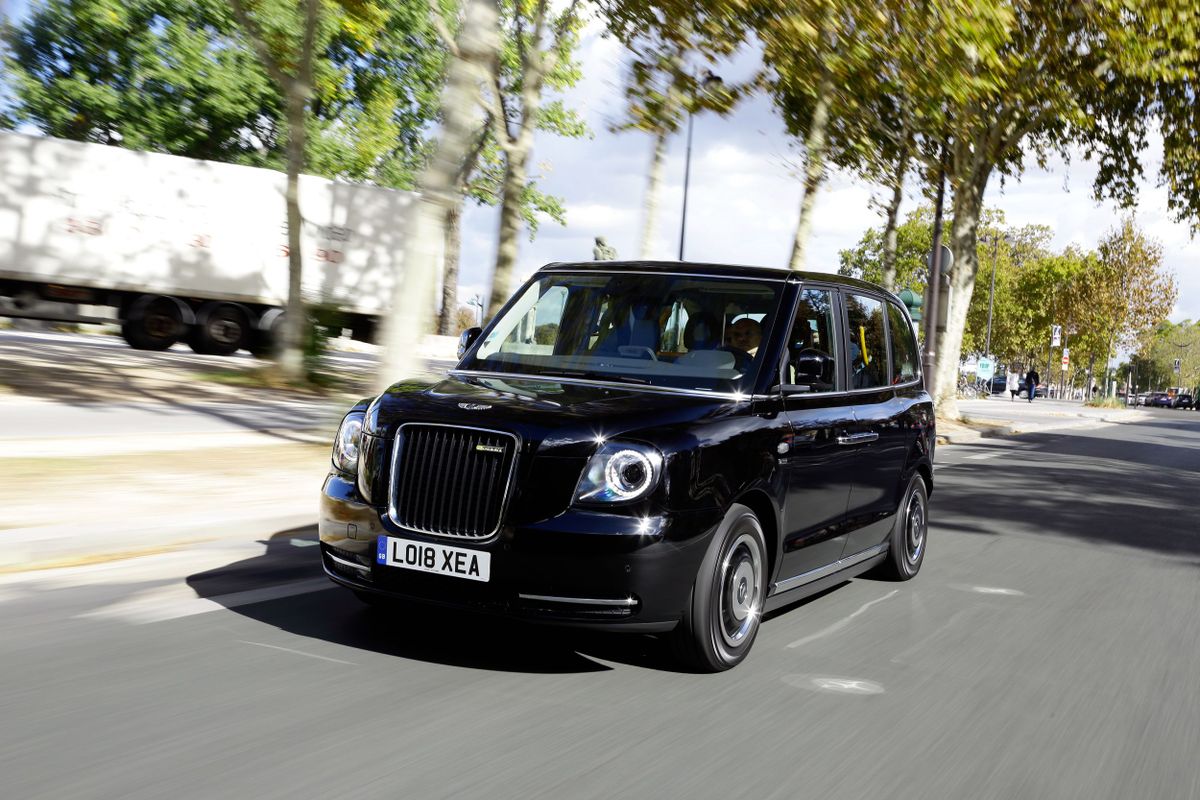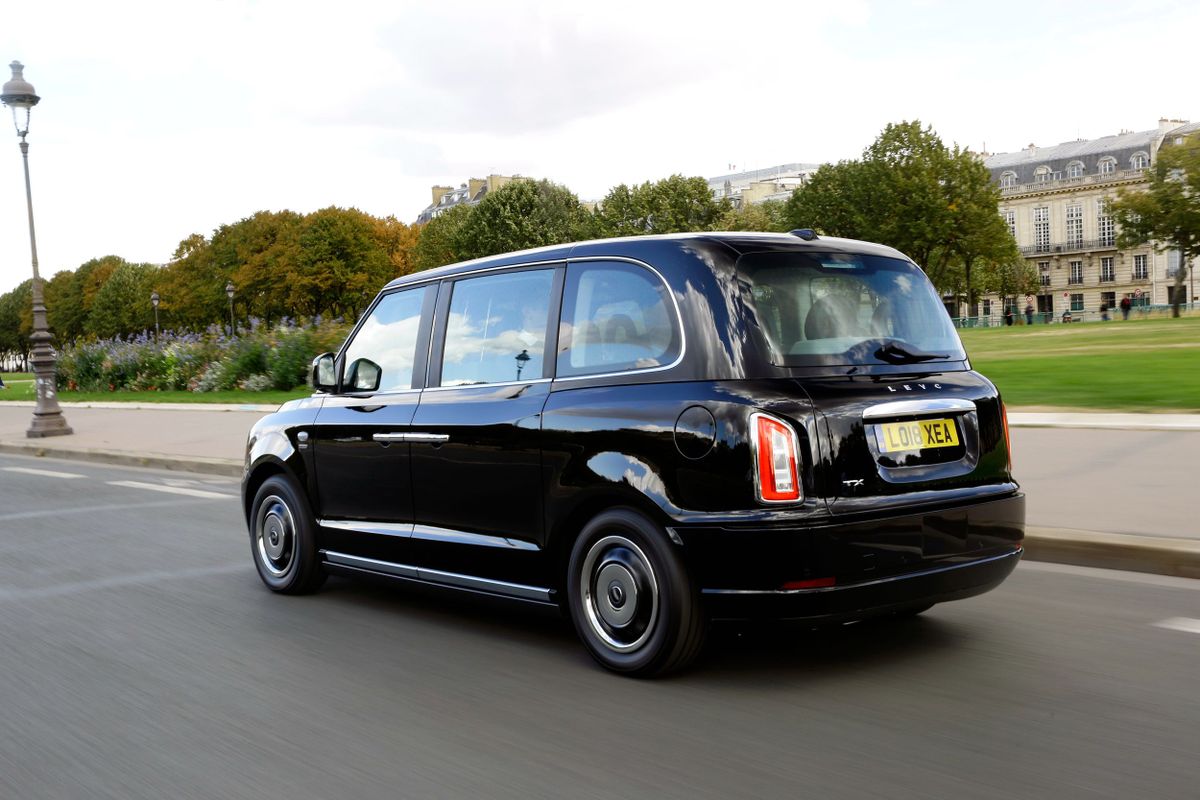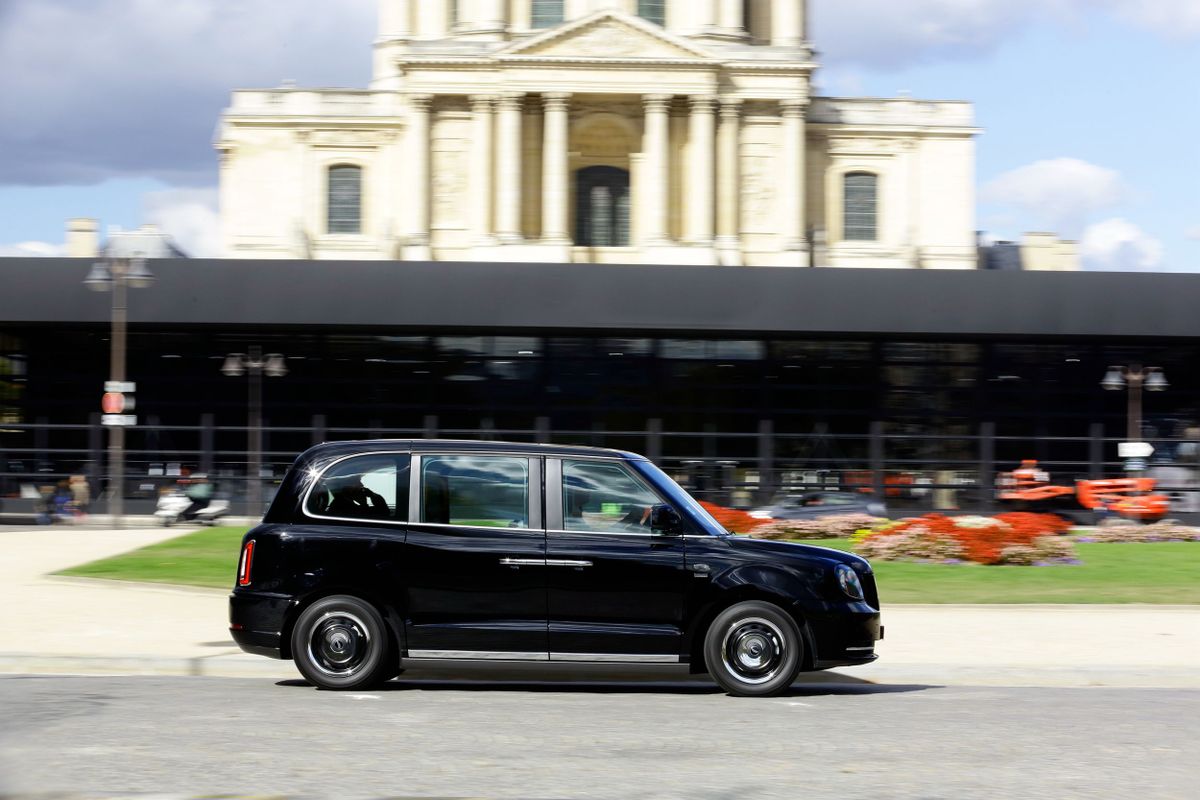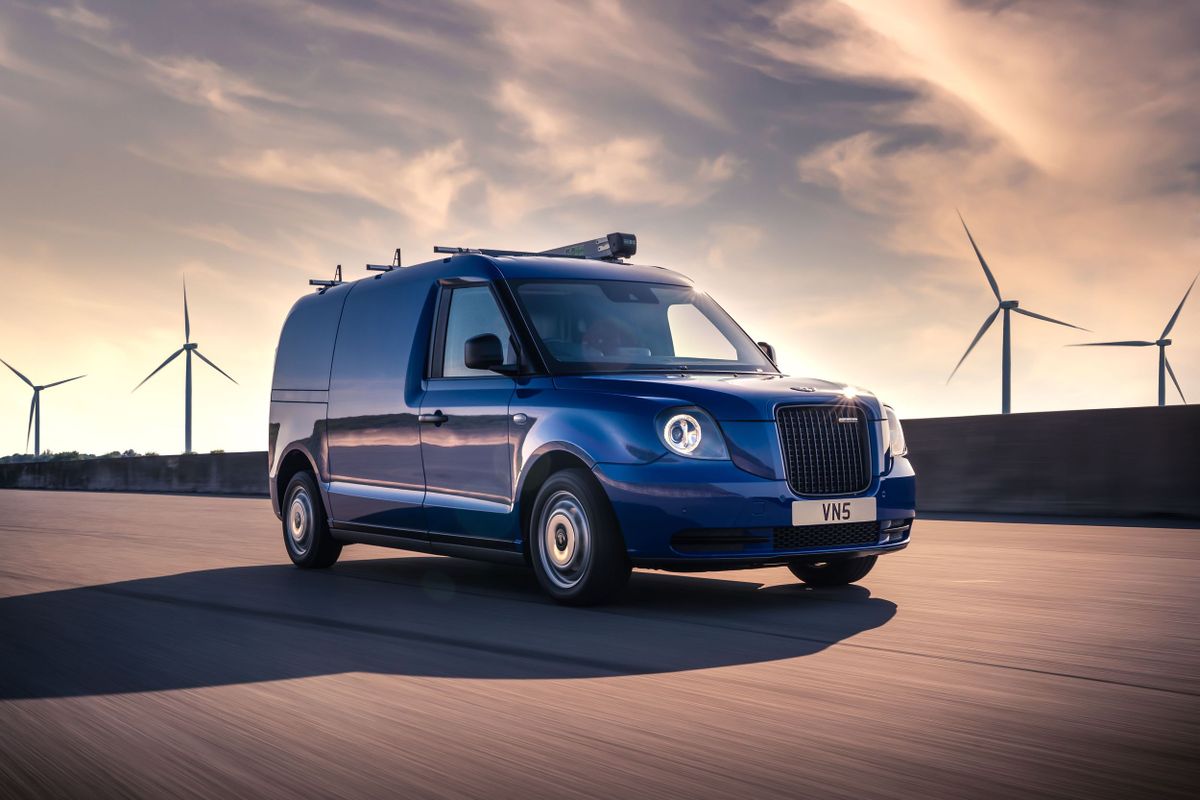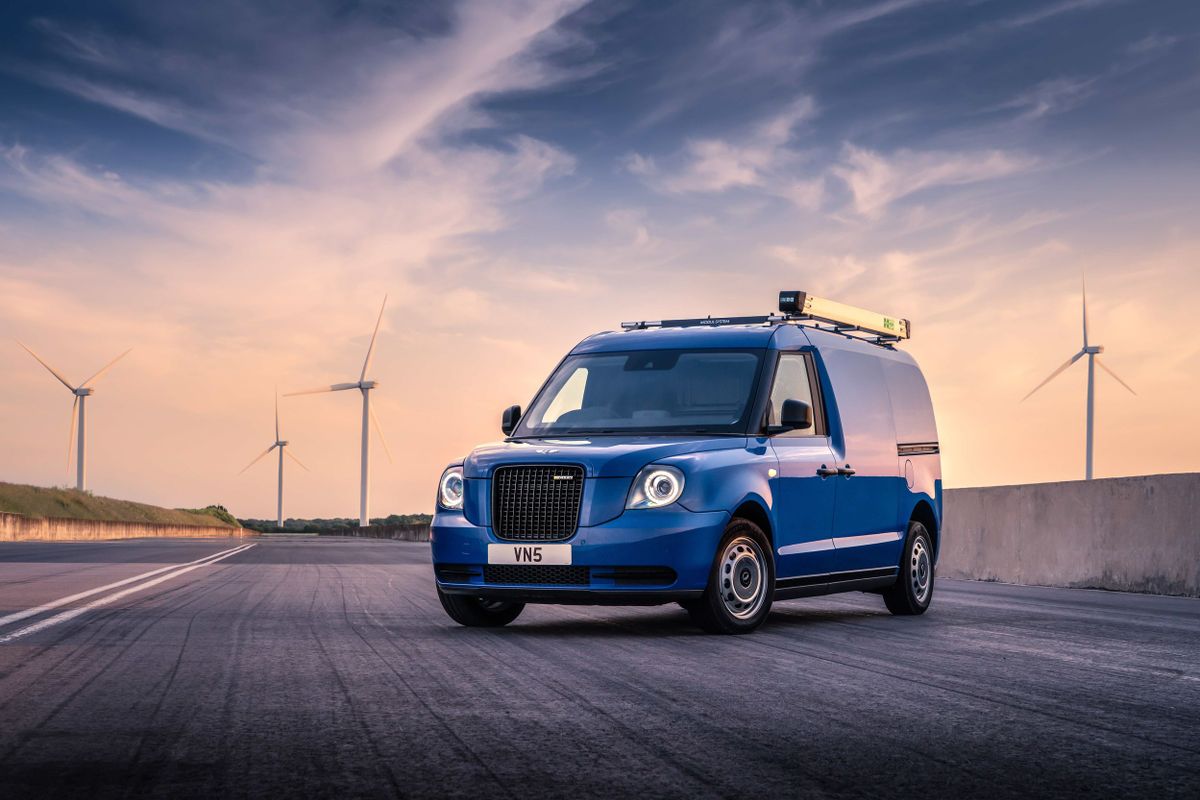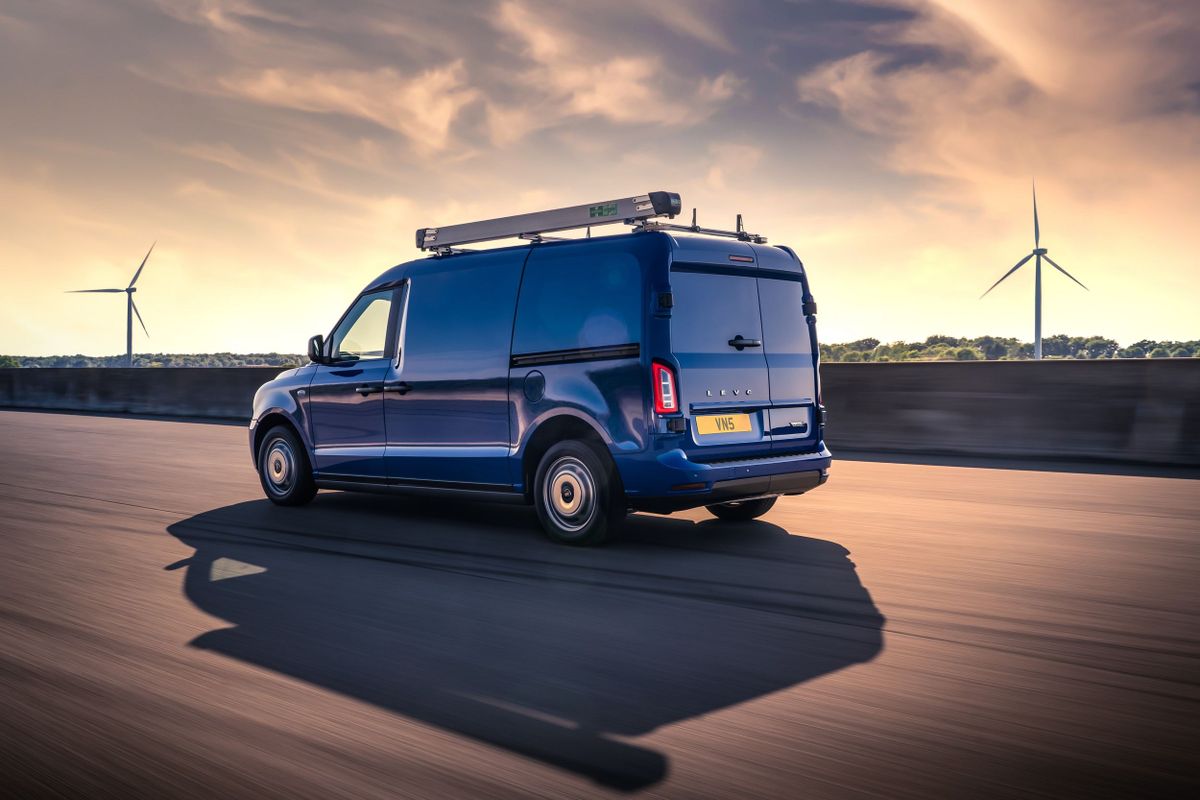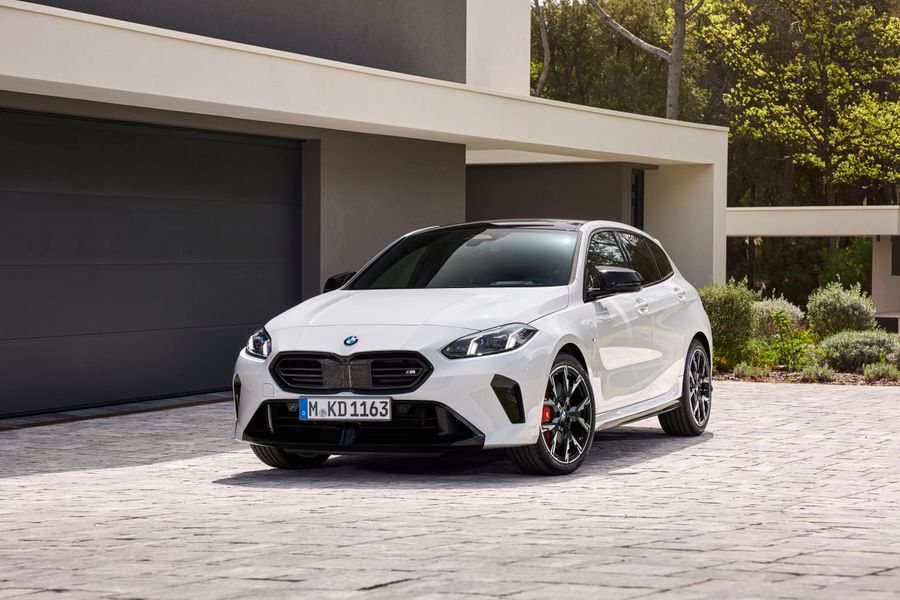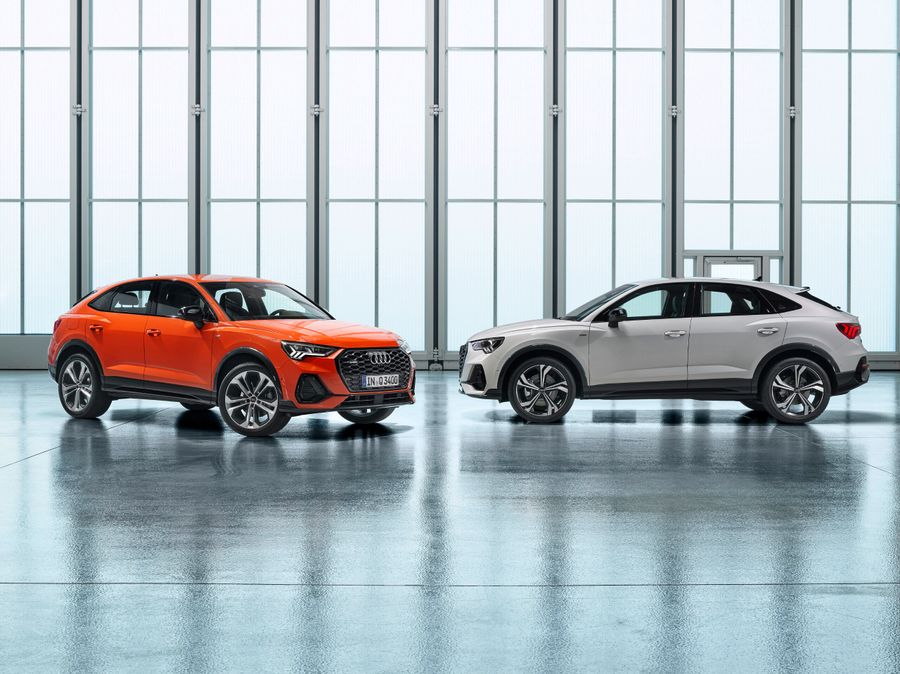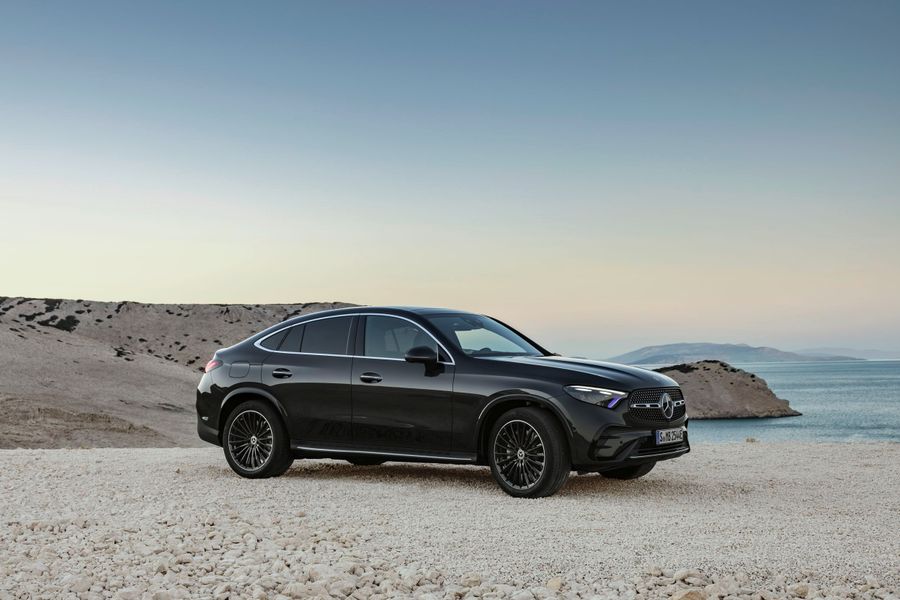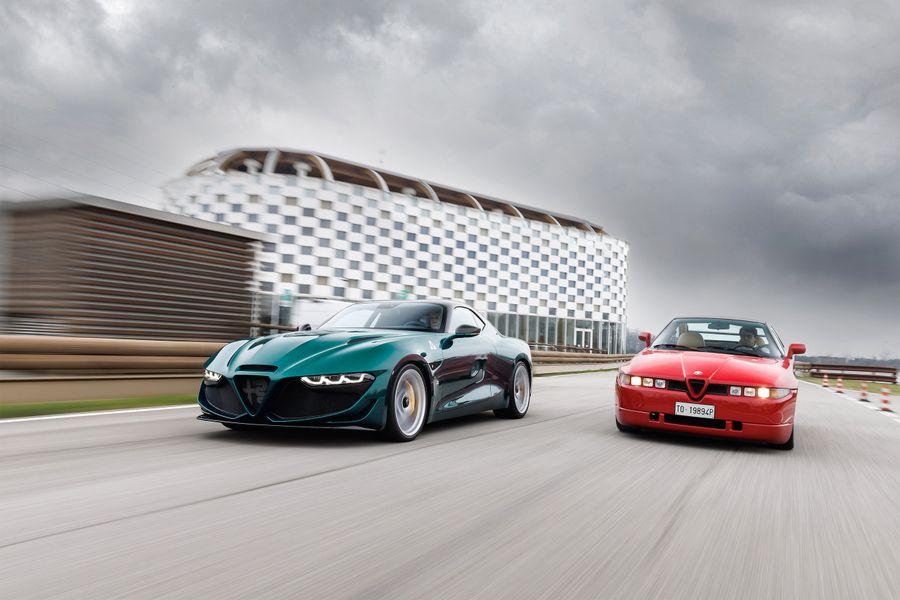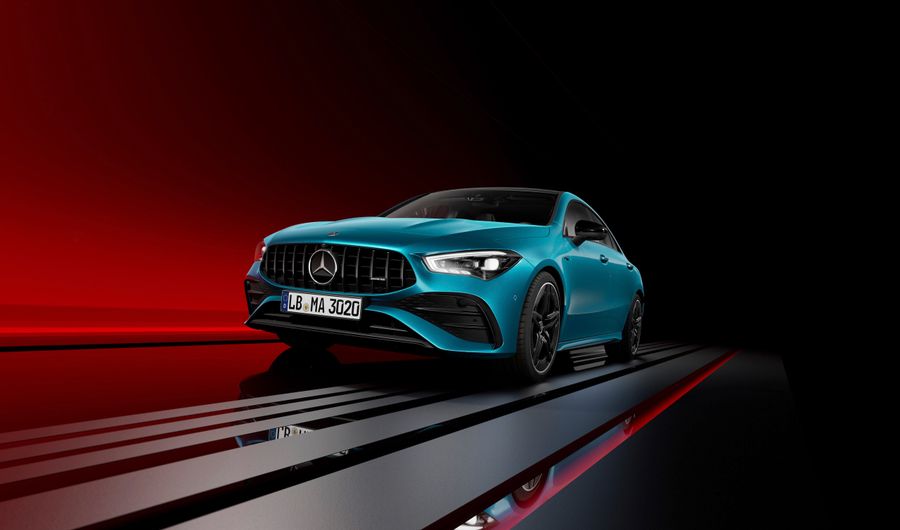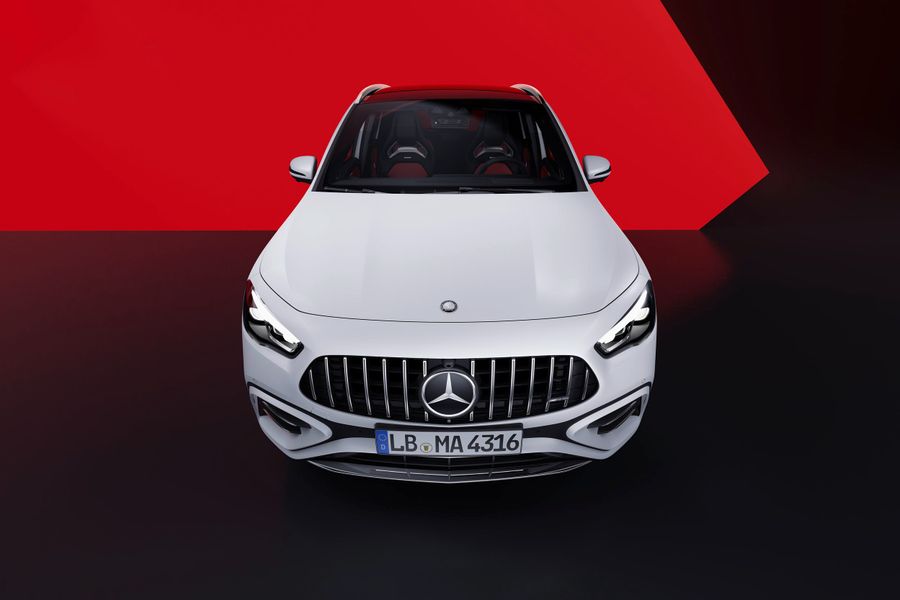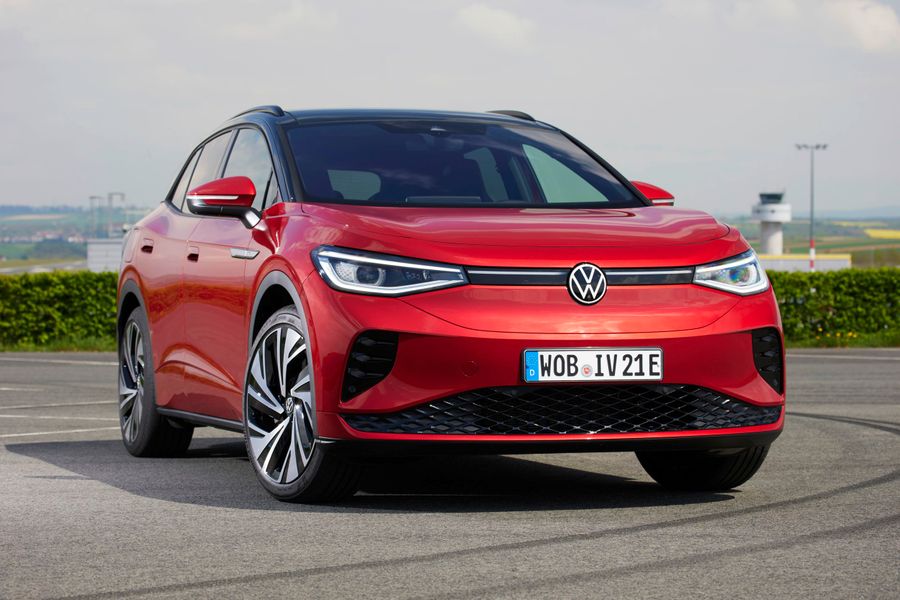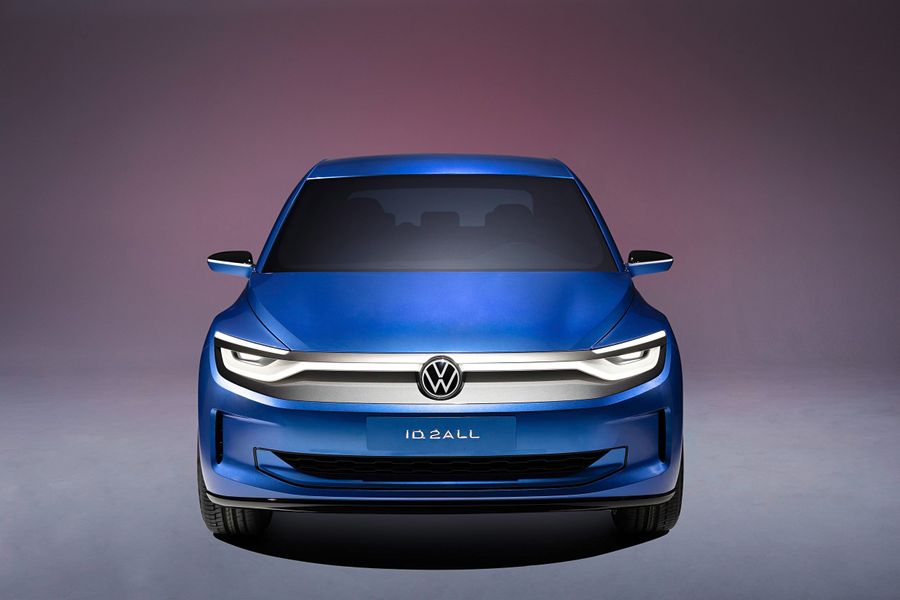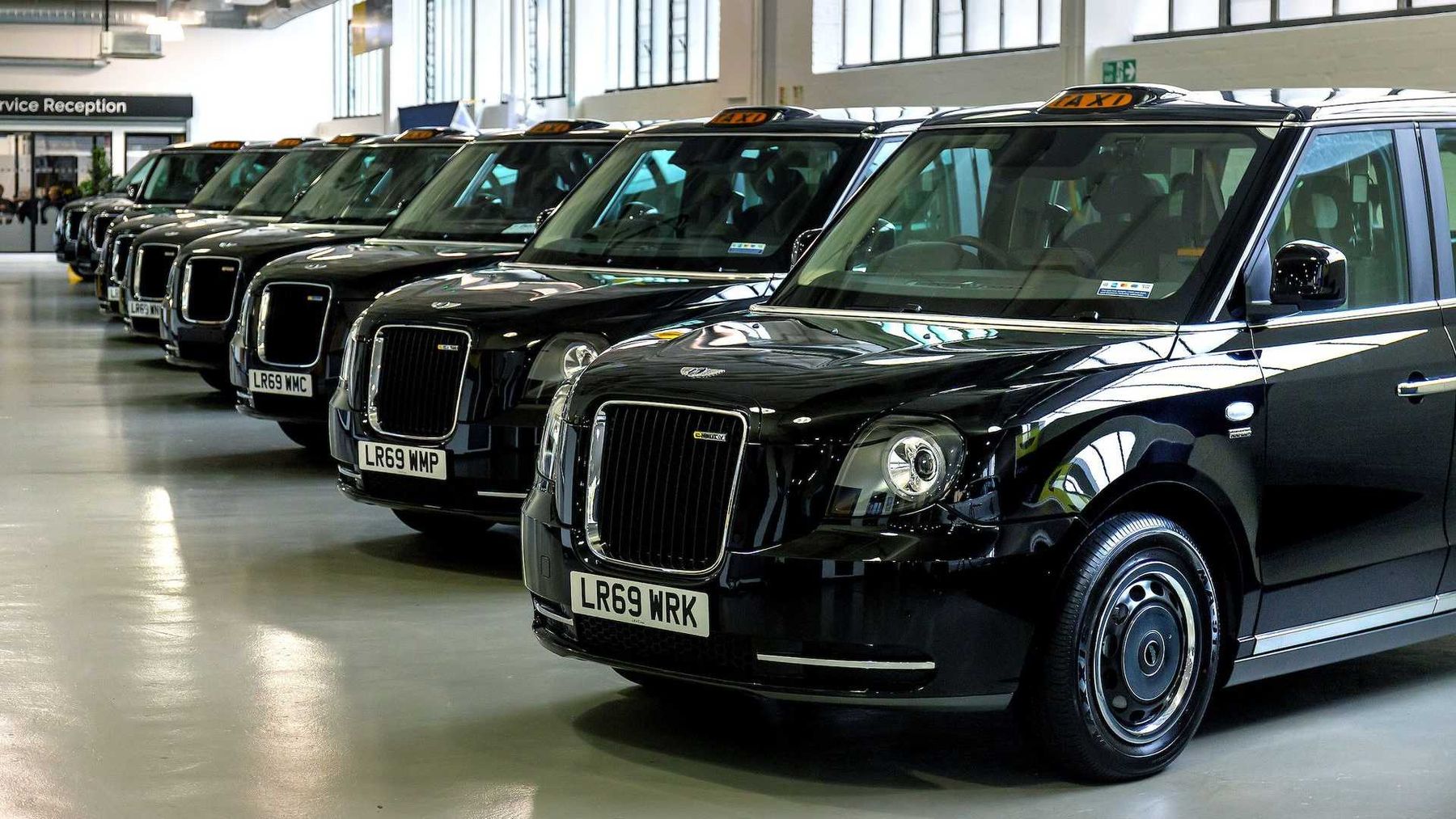
LEVC. London Taxi from China
LEVC's plant is located in Ansty, Coventry. The name of the company stands for ‘London EV Company’. It is currently the only company in the UK specializing in the production of electric vehicles. Moreover, it is almost the most important for London, because today the majority of residents and guests of the British capital travel in cars created by LEVC. Yes, yes, those very traditional and purely English black cabs of London, one of the iconic things about the city along with the red telephone boxes, Buckingham Palace and Big Ben, are mainly produced by LEVC. But what is most interesting is that the company is owned by Geely, the Chinese automotive giant. Therefore, we can safely say that London taxis are now also Chinese, like many other things.
Geely already owns two British brands: Lotus and LEVC. And the LEVC plant is the first automobile plant in the UK for over 10 years.
Chinese in the UK
The relationship between the Chinese company and The London Taxi Company began in 2006, when Geely invested in the British company. In January 2013, the taxi company was fully purchased by Geely at a price of approximately 11.4 million euros. In 2017, the Chinese spent 300 million pounds to build a new plant for LEVC in Ansty, the UK’s first automobile plant for over a decade.

The plant is quite remarkable: it collects and stores solar energy and rainwater and produces no harmful emissions. As for directors, the chairman of the board of LECV is Carl-Peter Forster, who previously worked for BMW, Opel and Indian holding company Tata, overseeing the Jaguar and Land-Rover brands there; the managing director is Jörg Hoffmann, who gained experience at Audi and General Motors.
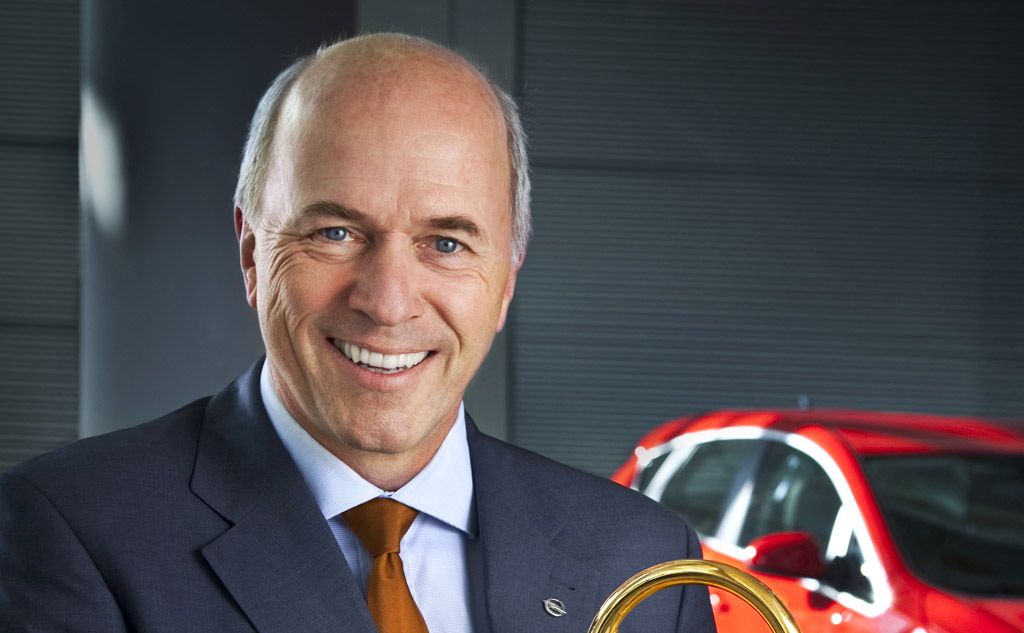
The brand’s cars use a separate platform with the innovative LEVC eCity electric technology. The body frame is made of aluminum to reduce weight. The car comes with a 3-cylinder engine from Volvo (it also belongs to Geely, like many other brands, for example, Geometry already known to the Israelis), needed only to charge the traction battery and has nothing to do with the wheels driven by the electric motor. The battery offers a decent electric driving range, sufficient for trips in the city.
Versions for London and Israel
As of today (end of 2022), LEVC produces two models related to each other, and both look unusual. You won’t confuse them with any model from another brand thanks to the expressive front panel with retro charm. Both are powered by a plug-in sequential hybrid system. Both cars offer good electric driving range, which contributes to respect for the environment. In addition, today both LEVC models are available in Israel in their left-hand drive versions.
LEVC TX
The rear-wheel-drive taxi LECV TX is already in high demand, and not just in London: more than 7,000 cars of this type have been sold worldwide and sales continue to increase. The dimensions of the body are 4.8 m long, 1.9 m wide and 1.88 m high. The passenger compartment features a partition between the driver and passengers, as well as additional folding seats and handrails on the center pillar for passenger comfort.
LEVC VN5
The VN5 is a commercial van based on the TX taxi. It is 5.23 m long, 1.95 m wide and almost 2 m high. The wheelbase is 3,386 mm. Thanks to a battery with a capacity of 31 kWh, the van can travel 130 km on pure electric power. And the full driving range, thanks to the 82 hp battery-powered 1.5-liter Volvo turbo engine, reaches 607 km. For fast charging, the car is equipped with a DC charging connector up to 50 kW. Plus, there is an AC charger with power up to 11 kW.


